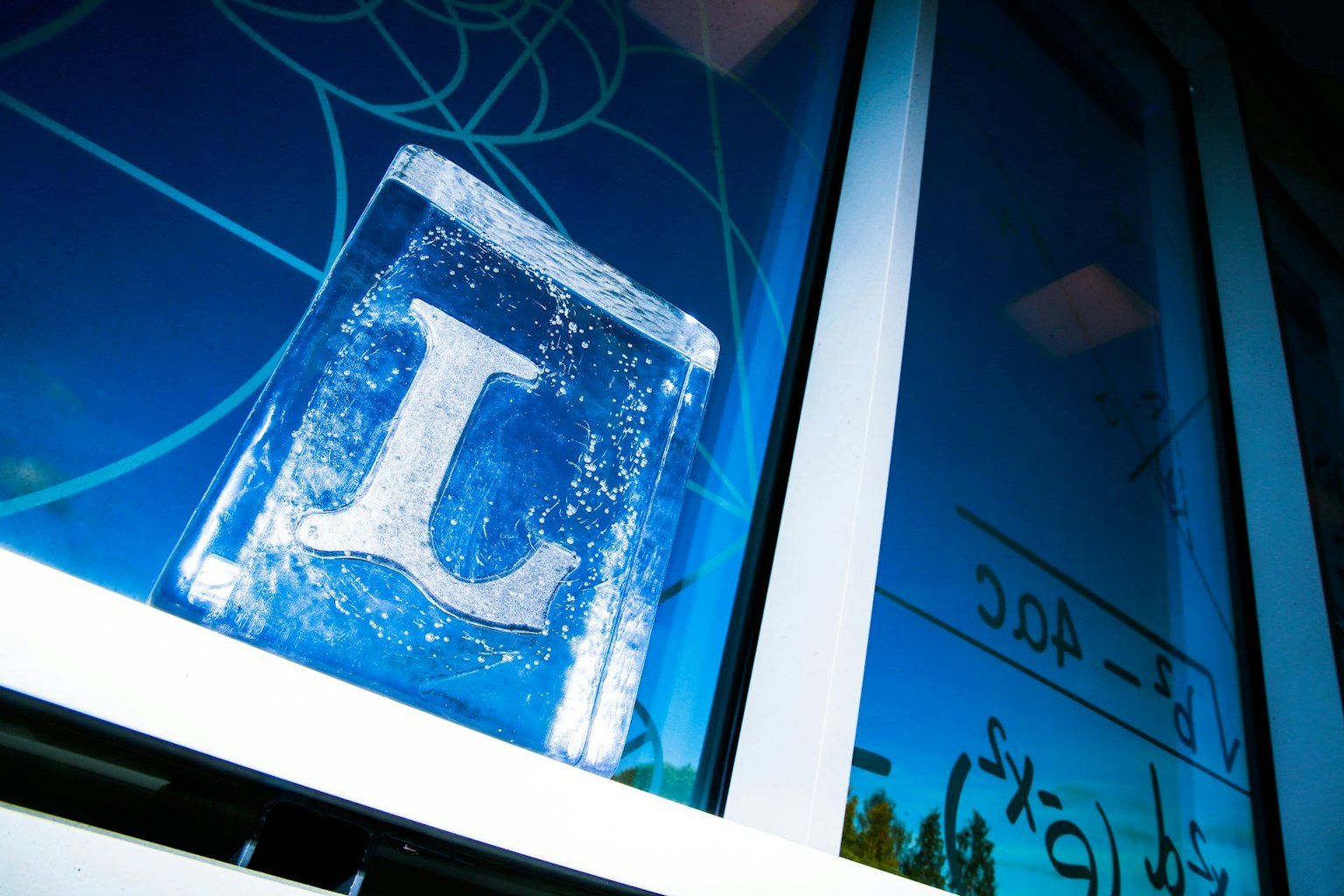The Biochemical Process Engineering research group, part of the Department of Civil and Natural Resources Engineering with approximately 350 employees, focuses on cutting-edge industrial biotechnology research. Read more about our research; research/research-subjects/biochemical-process-engineering. We are now looking for a PhD student to be part of our Bioelectrochemistry lab, which focuses on exploring microbial electrochemical interactions and their applications for environmental remediation, CO2 reduction, and upcycling of plastic waste.
Are you driven to create sustainable solutions for the upcycling complex plastic waste? Join our dynamic and international research environment to embark on an exciting journey as a PhD student, contributing to cutting-edge research in one of the most critical fields for advancing a circular economy and a sustainable future!
Subject description
Biochemical Process Engineering focuses on the development of biochemical processes for the production and refinement of chemicals, fuels and material from biomass.
Project description
The PhD project focuses on exploring bioelectrochemical processes for electricity-driven bio-upcycling of plastic wastes, such as PET hydrolysates and microplastics (MPs), into new value-added chemicals using microbial systems. The project is supported by two projects "UPSCALE (Upcycling of PET waste using bioelectrochemical systems)” and "2nd UpChance (A second chance for Upcycling of Microplastics)”, funded by the Swedish Research Council.
In UPSCALE, the focus is on utilizing pure and mixed bacterial culture to upcycle refined PET hydrolysates, containing the monomer ethylene glycol, into carboxylates using electricity as energy source in bioelectrochemical system (BES). The process involves two steps: 1) microbial conversion of EG to acetate and ethanol and 2) development of a microbial electrosynthesis process to upcycle biotreated PET hydrolysates into medium-chain fatty carboxylates, using homoacetogens as biocatalysts.
Duties
As a PhD student, you will be trained in scientific reasoning and writing. The work is problem-focused, equipping you with skills to identify, define, formulate, and solve challenges of both practical and theoretical nature. You will also develop the ability to address complex theoretical and analytical issues, integrating them into practical applications.
The majority of your time will be dedicated to your own research project. You will work independently on your research, supported by your supervisors, and disseminate your findings through peer-reviewed scientific journals and presentations at national and international conferences. Your training will also include advanced-level courses tailored to your research focus. Additionally, you may have the opportunity to gain experience in teaching.
Qualifications
To be qualified for the position, you must hold an MSc degree in Biotechnology, Microbiology, Chemical Engineering, or a closely related field. Practical experience in cultivating anaerobic microorganisms, working with bioelectrochemical systems, or applying microbial molecular techniques is highly desirable and will be considered a significant advantage. Further requirements are proficiency in English, both oral and written as well as very good communication skills. A collaborative mindset, with the ability to effectively engage in teamwork and multidisciplinary projects, is also considered as a strong plus.
Further information
Employment as a PhD student is limited to 4 years, teaching and other department duties may be added with max 20%. Placement: Luleå. Starting upon agreement.
For further information please contact: Ulrika Rova, Professor in Biochemical Process Engineering, (+46)920- 49 1315Ulrika.rova@ltu.se, or Suman Bajracharya, Researcher in Biochemical Process Engineering, suman.bajracharya@ltu.se
Union representatives:
SACO-S Diana Chroneer, (+46 )920-49 2037 diana.chroneer@ltu.se
OFR-S Lars Frisk, (+46)920-49 1792 lars.frisk@ltu.se
In case of different interpretations of the English and Swedish versions of this announcement, the Swedish version takes precedence.
Application
Application is done by using the link below. The application should include a cover letter, CV with a full description of all the scientific merits of the candidate, motivation letter, list of 2 persons, with contact details, that could provide recommendation for the candidate and copies of verified diplomas. The diplomas must be written in Swedish or English. Your application must be written in English. Mark your application with the reference number below.
Final day to apply: 21 January 2025
Reference number: 5094-2024
